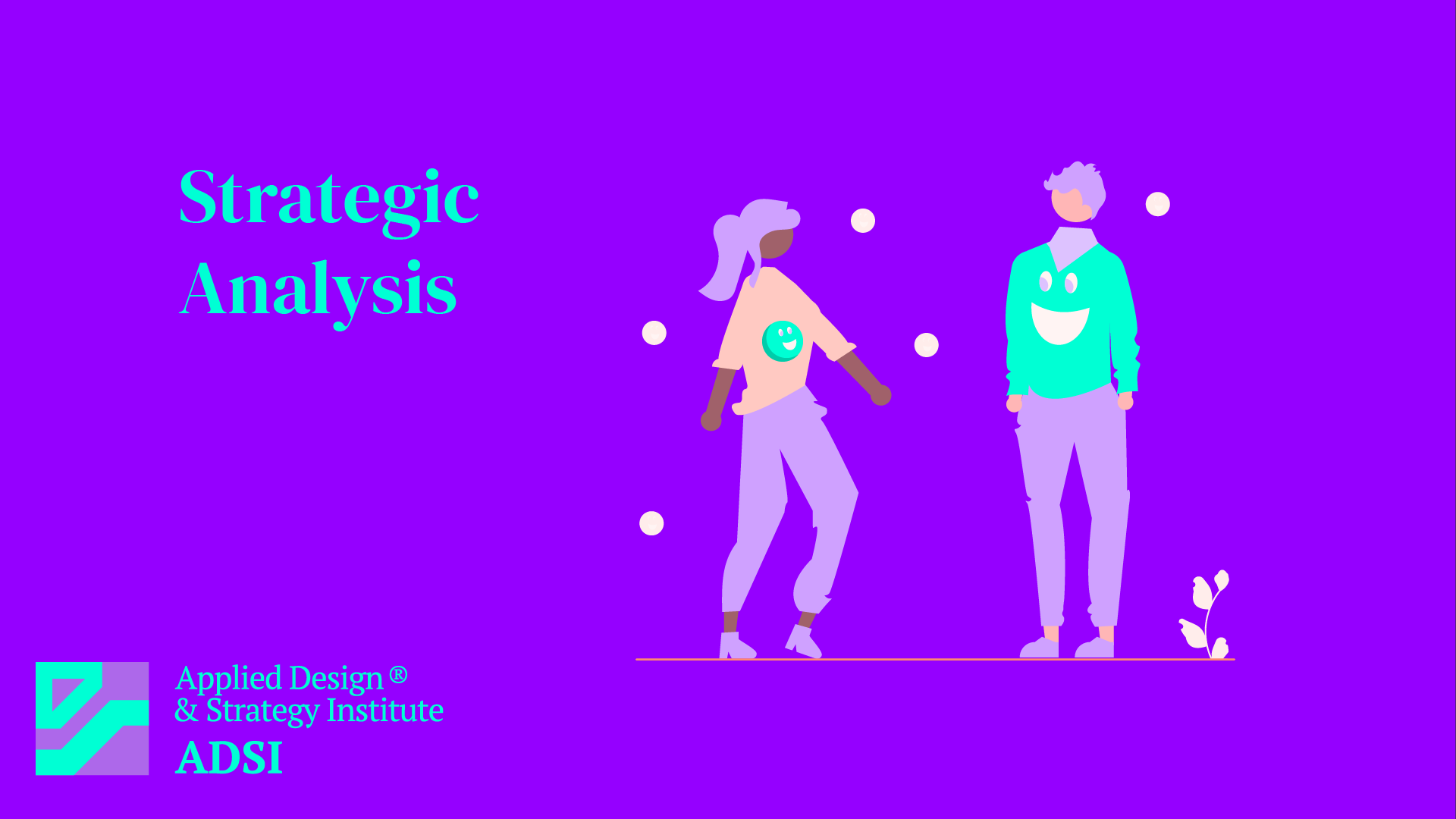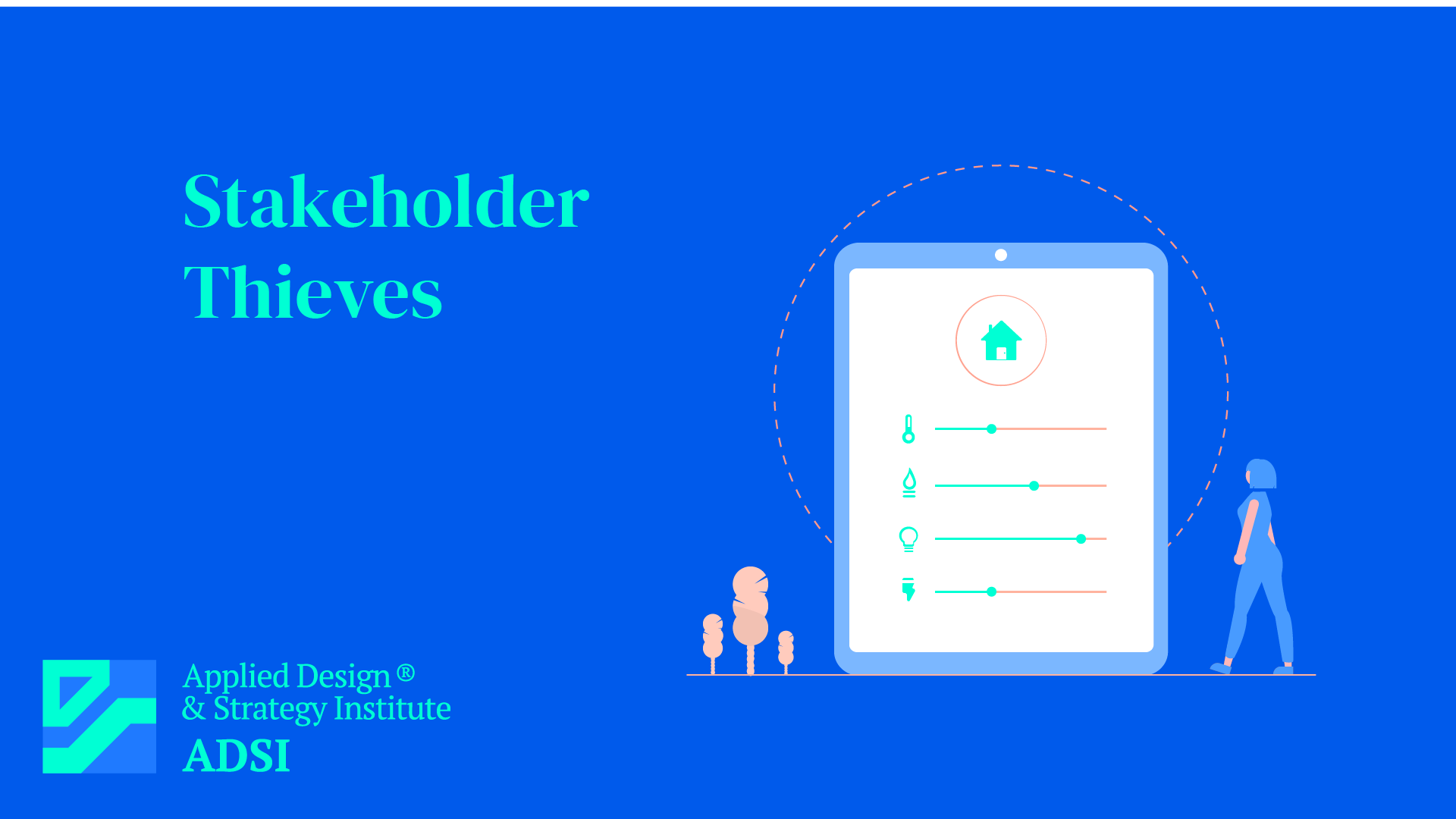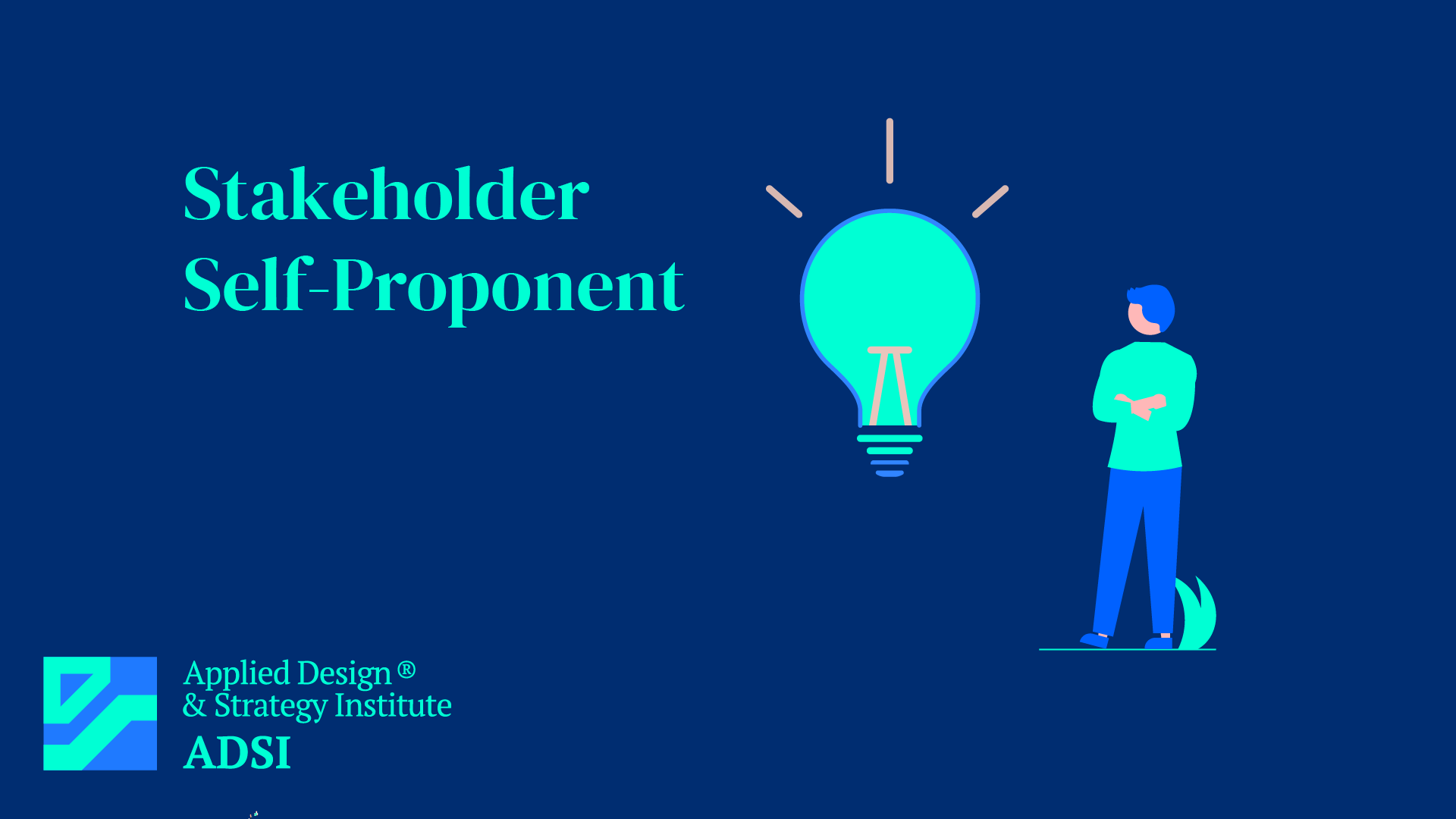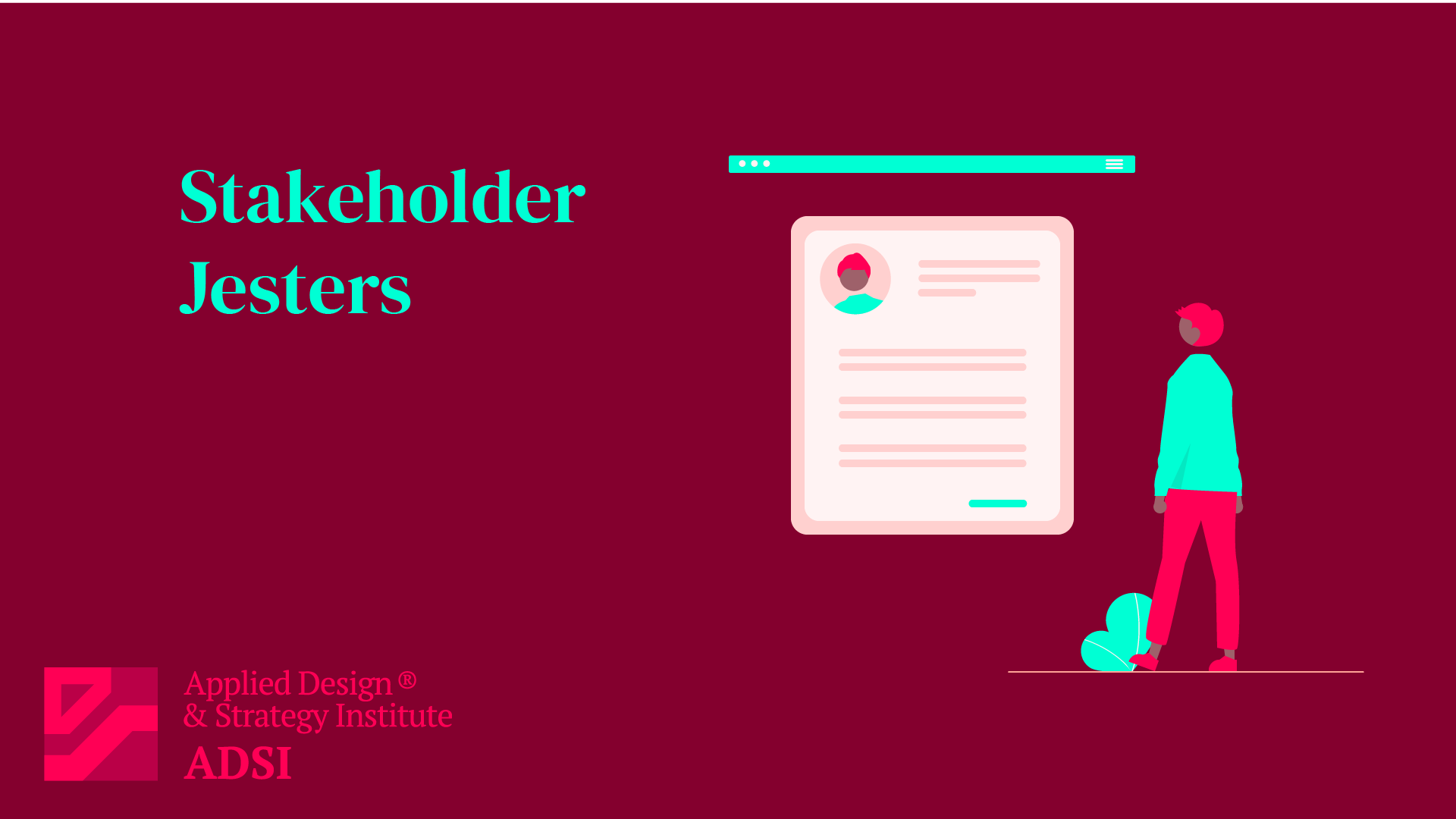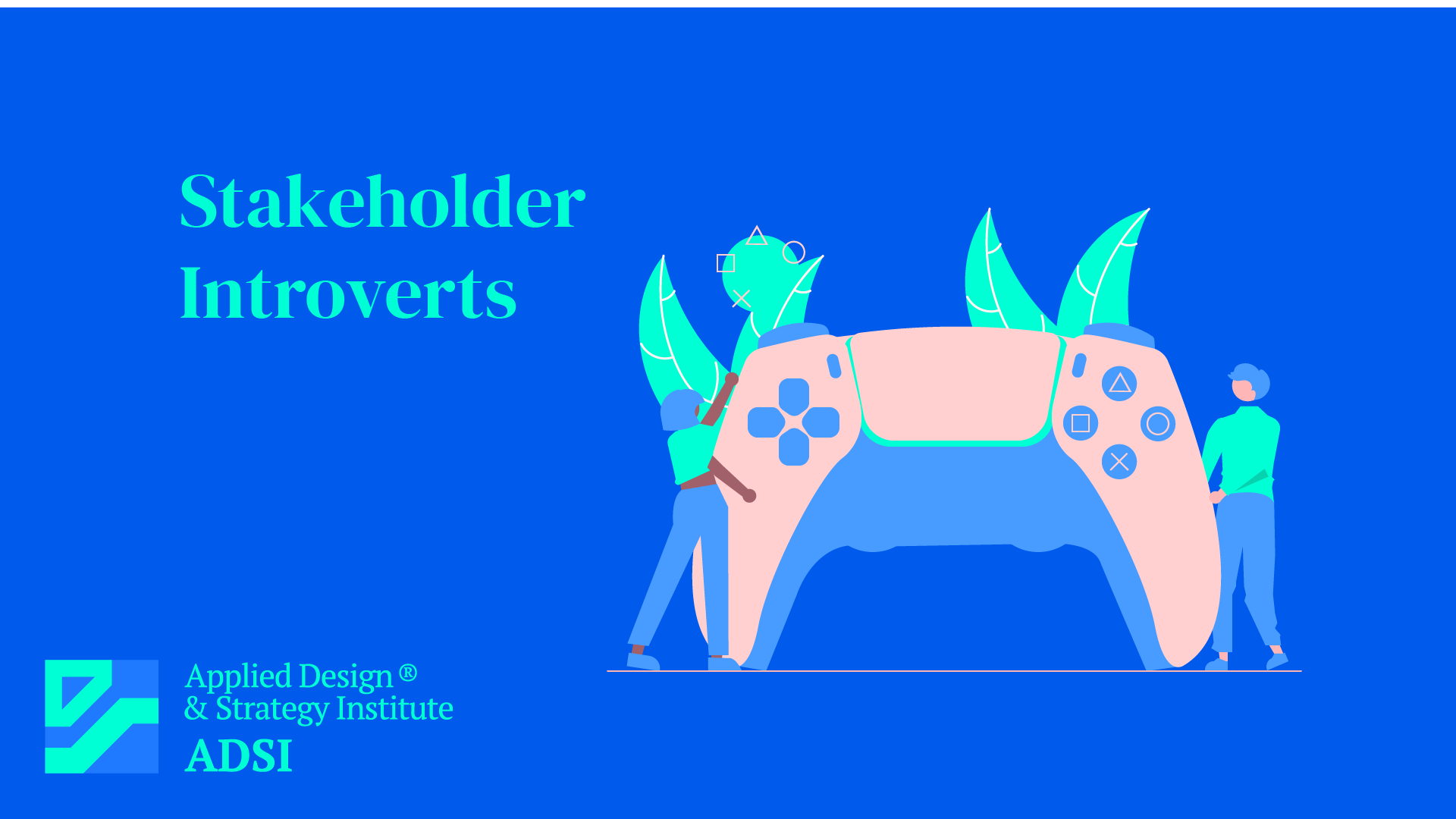Strategic Analysis
Introduction Strategic analysis is a critical process used by organizations to understand their external and internal environments. This analysis is vital for formulating strategies that help businesses achieve their goals. It involves examining market trends, competitor behavior, internal capabilities, and other factors that in
Star Model
Overview The Star Model, developed by Jay Galbraith, serves as an organizational design framework that businesses use to align their strategies and structures for optimal performance. This model emphasizes five key components: strategy, structure, processes, rewards, and people. By considering each element, the model ensures tha
Stakeholder Thieves
Introduction The term “Stakeholder Thieves” is unconventional and not a part of standard business or organizational terminology. It seems to suggest a negative aspect of stakeholder behavior. In the absence of a standard definition, I’ll provide an interpretation based on a general understanding of stakeholders
Stakeholder Self-Proponent
Introduction “Stakeholder Self-Proponent” refers to individuals within an organization who actively promote their own interests, achievements, and views. These stakeholders are typically very vocal about their contributions and are keen on advancing their personal or professional agendas within the organization. Char
Stakeholder Pessimist
Introduction “Stakeholder Pessimist” refers to individuals within an organization who tend to view situations, projects, or future prospects negatively or with skepticism. While often seen as a challenging trait, pessimism can also contribute to a more cautious and realistic approach in business planning and decision
Stakeholder Perfectionists
Introduction “Stakeholder Perfectionists” refers to individuals within an organization who exhibit perfectionist tendencies. They are characterized by a high standard of performance and attention to detail, often striving for flawless execution in their work and projects. Characteristics of Stakeholder Perfectionists
Stakeholder Mommy
Introduction The term “Stakeholder Mommy” is not a standard term in business or organizational contexts and does not have a widely recognized definition in management literature. It appears to be a colloquial or niche term. Given the lack of a formal definition, I will provide an interpretation based on a general und
Stakeholder Jesters
Introduction “Stakeholder Jesters” refers to individuals within an organization who are known for their humor and light-hearted approach. They often use wit and levity in their interactions, which can have both positive and negative impacts on the workplace dynamics. Characteristics of Stakeholder Jesters Impact on O
Stakeholder Introverts
Introduction “Stakeholder Introverts” refers to individuals within an organization or a project who have introverted tendencies. Understanding and effectively engaging with introverted stakeholders is crucial in ensuring their valuable insights and contributions are recognized and utilized. Characteristics of Stakeho
Stakeholder Gossipers
Introduction “Stakeholder Gossipers” are individuals within an organization who are known for their tendency to spread rumors or unofficial information. While gossip is a common human behavior, in a business context, it can have significant implications on the work environment and organizational culture. Characterist


